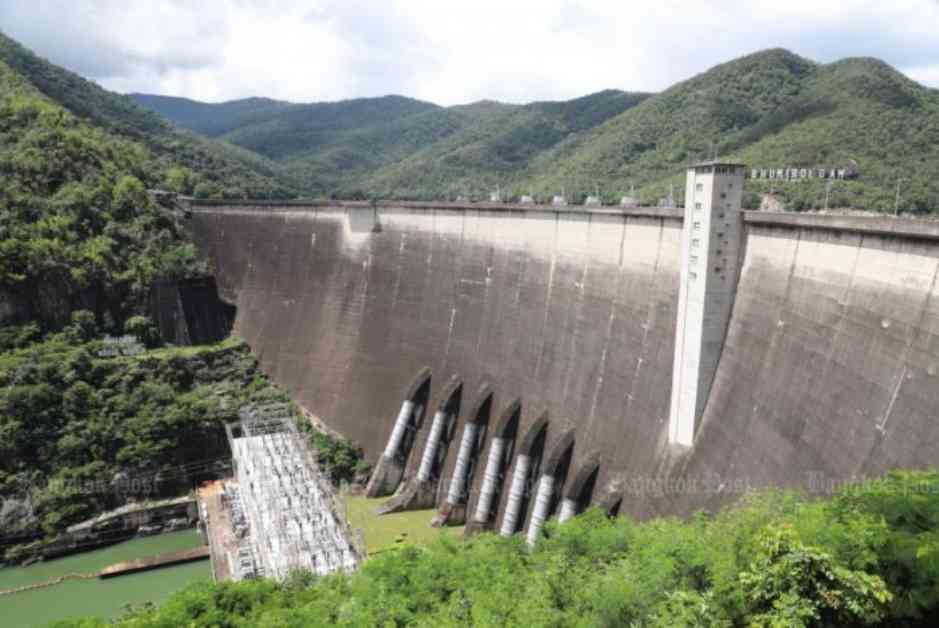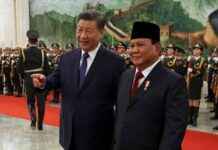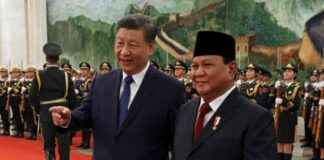Cambodia is looking to increase its clean power imports from neighboring countries like Laos, Vietnam, and Thailand to boost its energy sector significantly. The country’s energy minister, Keo Rottanak, revealed plans to import over 600 megawatts of clean power, a significant increase of over 50% in contracted import capacity.
In a recent interview at the Singapore International Energy Week, Rottanak shared that Cambodia has already signed agreements to import 300 MW of solar and hydro capacity from Laos starting in 2026. Additionally, they are in the final stages of approval to almost double their 300 MW import deal with Vietnam. There is also potential to import another 100 MW from Thailand.
Currently, Cambodia has contracts to import 1,030 MW of power from Thailand, Vietnam, and Laos, which accounts for nearly a quarter of the total capacity used to supply power to the country. Rottanak expressed expectations to contract another 200-plus MW from Vietnam and potentially more than 100 MW from Thailand.
The imports from Vietnam are expected to commence as soon as possible, pending final government approvals. These imported power sources will help Cambodia cope with the increasing volatility of hydropower output due to frequent weather-related disruptions.
Rottanak emphasized that these contracted imports highlight the potential for boosting interconnection in Southeast Asia, emphasizing the need for regional cooperation in the energy sector. He mentioned that the Association of Southeast Asian Nations (ASEAN) has been working towards a regional grid to facilitate multilateral power trade, with expectations for it to become a reality by 2035.
By increasing clean power imports from neighboring countries, Cambodia aims to enhance its energy security, reduce reliance on traditional power sources, and contribute to a more sustainable and resilient energy sector. This move not only benefits Cambodia but also promotes regional energy cooperation and integration, paving the way for a more interconnected and sustainable energy future in Southeast Asia.




















